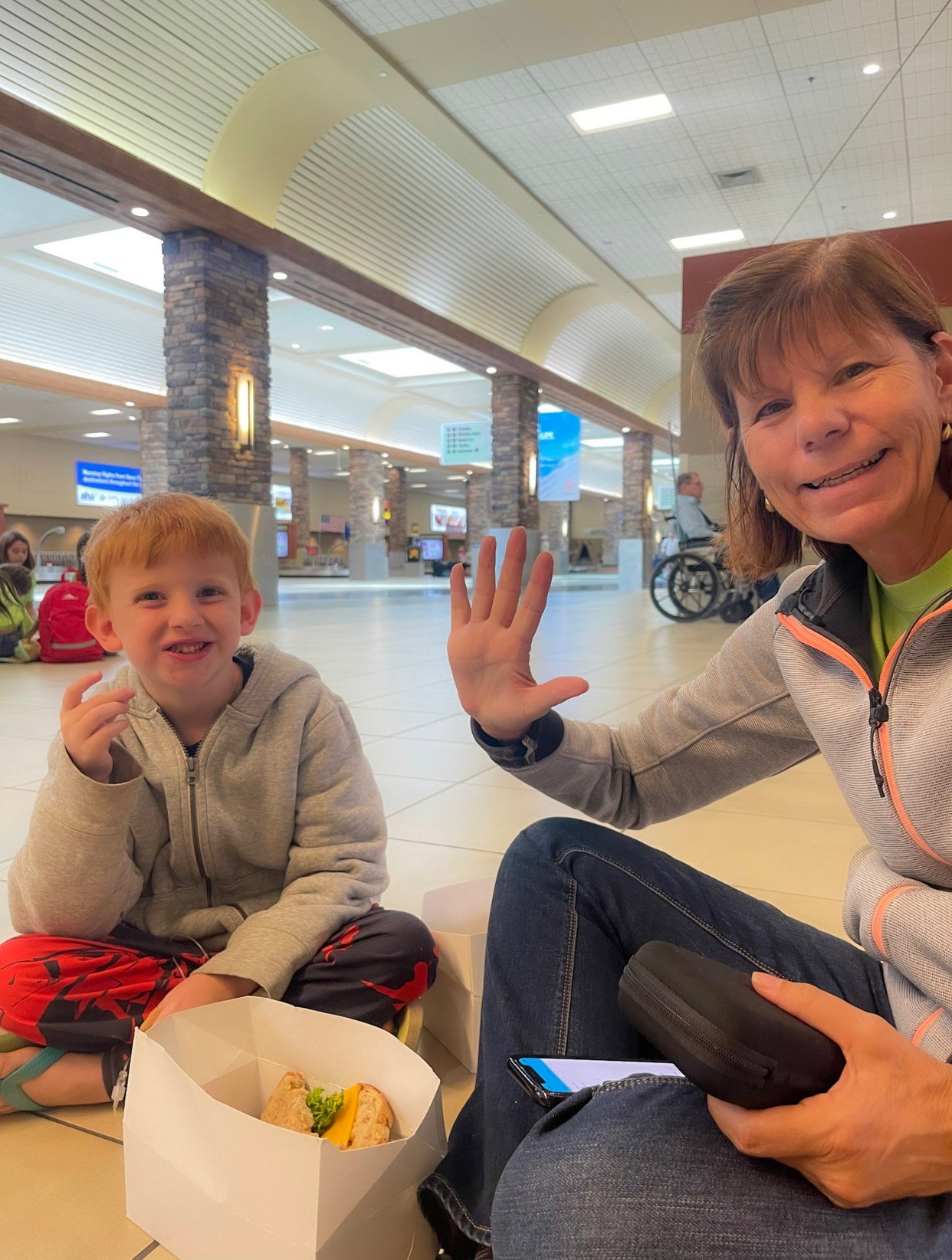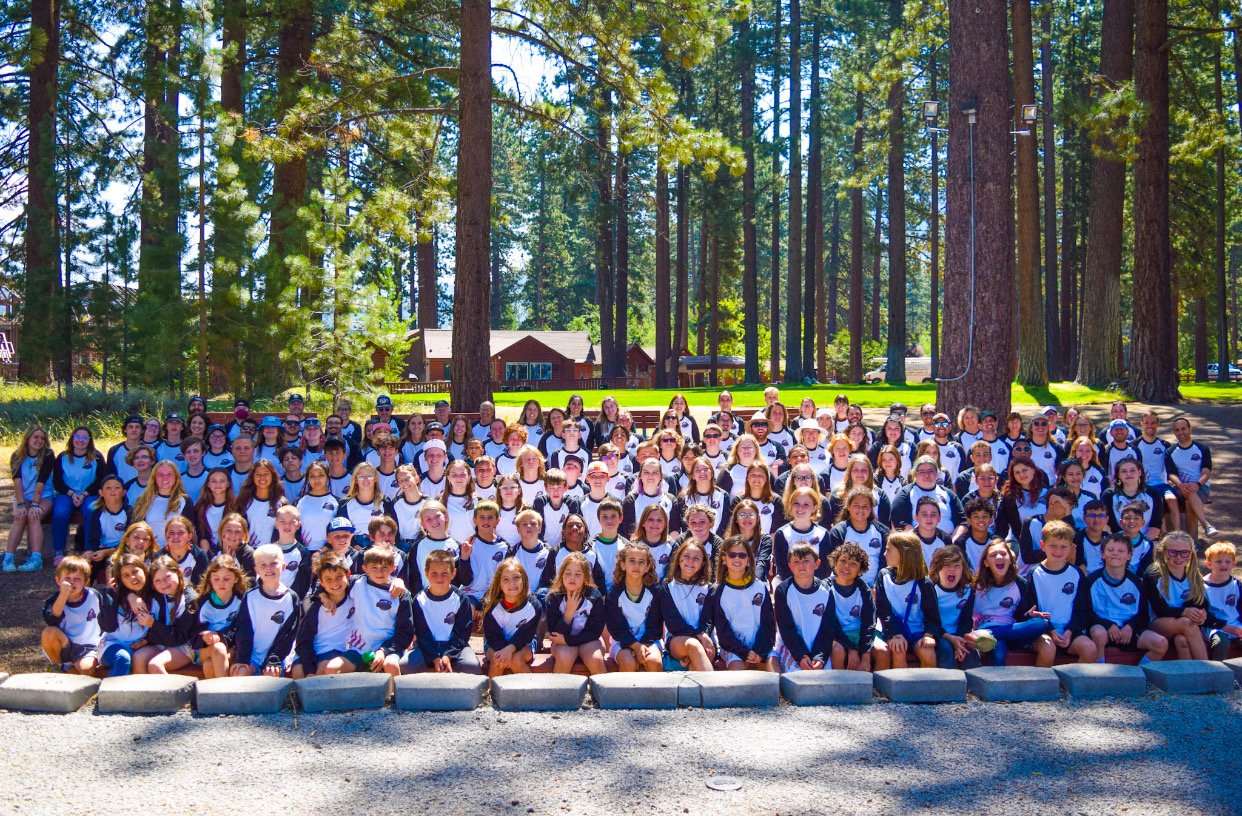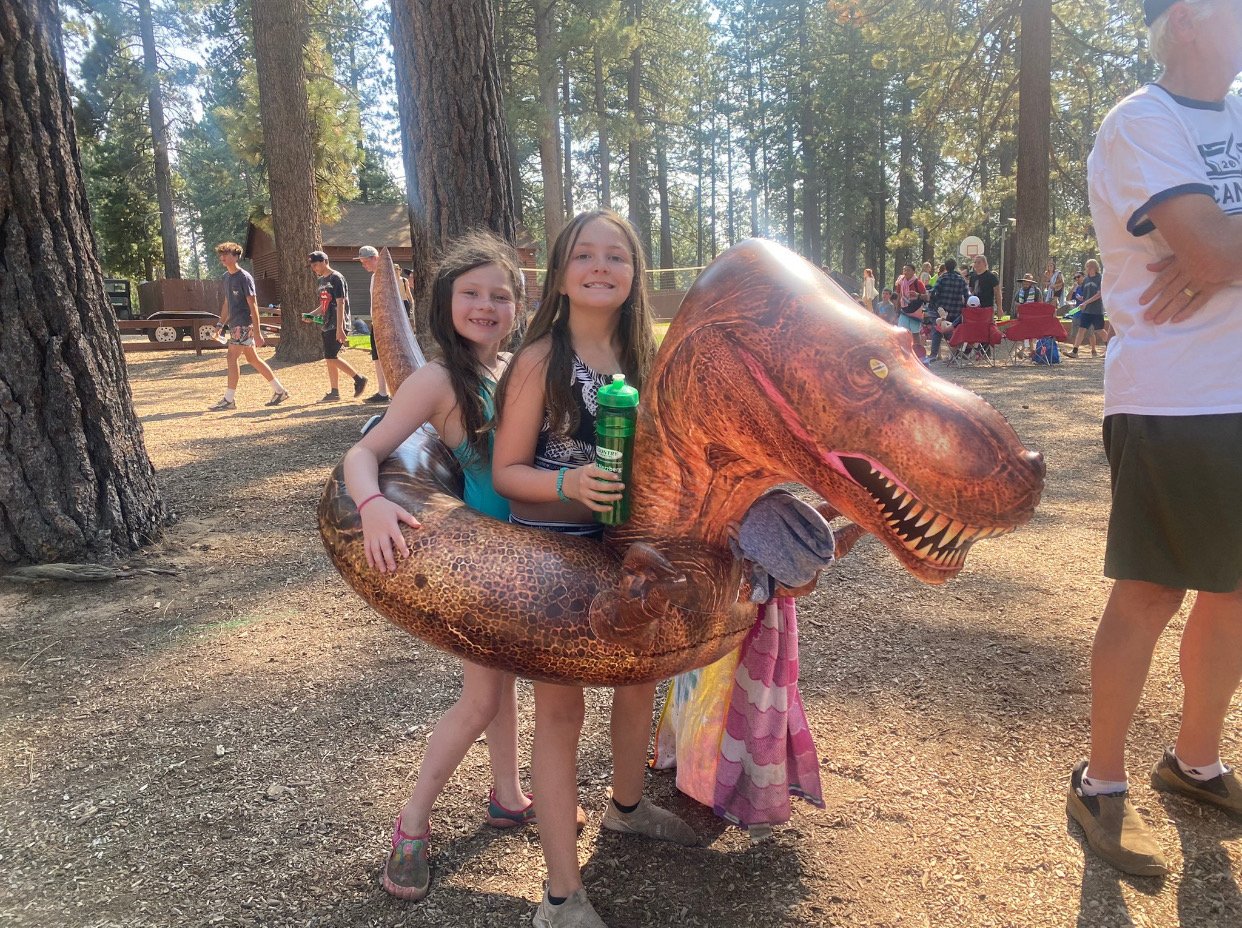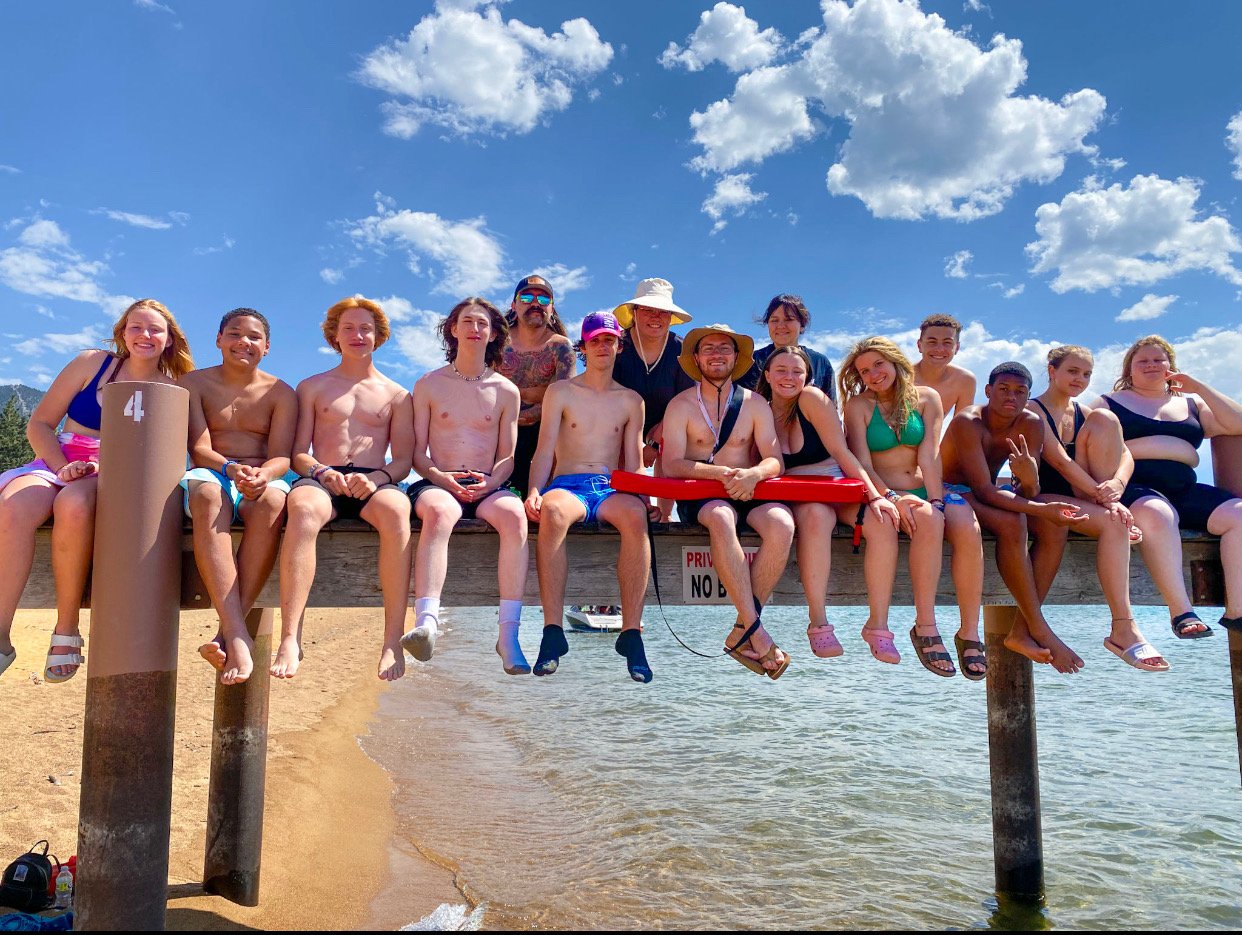A Summer of Belonging
Camp Buck Offers Fun and Support for Kids with Type 1 Diabetes
Camp Buck looks and sounds like your average summer camp: children swimming in a lake, playing sports or games, and taking part in friendly competitions between cabins.
But there’s one big difference between Camp Buck and most other summer camps. Each of the children here has type 1 diabetes.
Camp Buck is the heart of the Nevada Diabetes Association’s educational camp program, taking place every July at the University of Nevada 4-H camp on the beautiful shores of Lake Tahoe, serving children ages 7 to 17 from Nevada, California, Utah, and Arizona.
“These children get to experience all of the fun of summer camp in a medical safe environment,” says Tasha Thatcher, Development Manager with the Nevada Diabetes Association. “Not only do they get to participate in sports, arts and crafts, and activities, but they also receive daily diabetes education.”
Thanks to the support and generous grant funding in the amount of $5,000 from The Bower Fund, five children in need from Southern Nevada were provided with full scholarships to attend Camp Buck in 2022, allowing those children to feel just like everyone else for a week.
“Diabetes can be very isolating, and camp helps to take away those feelings of isolation and being different,” said Thatcher. “Camp embraces them and fosters a sense of belonging. They’re able to meet other children just like them and establish friendships that last beyond the week they spend at camp.”
Campers spend their time participating in sports, going swimming, playing beach volleyball, and doing arts and crafts. They also participate in cabin versus cabin competitions and other activities that promote collaboration and team building.
And then there’s the daily diabetes education, with everything being taught at age-appropriate levels by fully trained medical staff.
“The children learn about their disease to help them understand it, and about the importance of self-management to avoid the potential life-threatening complications it can cause,” said Thatcher. “Kids who attend camp are 75 percent more likely to have success with daily diabetes self-management and avoid hospitalization than their peers who don’t attend camp.”
Children with diabetes are also twice as likely to suffer from mental health issues than their peers. Thatcher says camp can help children work through those issues as well.
“Diabetes is mentally and physically exhausting. You’re constantly worried about whether your blood sugar is too high or too low. It wears you out. One of the blessings of camp is, the diabetes education program teaches children how to work through burnout and where to go for help.”
The camp also helps kids get comfortable in medical settings and in talking with medical providers.
“In a real-world setting, patients don’t always get the amount of time necessary with their providers,” said Thatcher. “But at camp, the kids interact directly with a physician, a nurse practitioner, and a certified diabetes educator in a non-clinical setting. They get to ask questions, and it helps make their regular clinical visits more impactful when they return home.”
Thatcher’s own son was diagnosed with type 1 diabetes when he was ten, and she remembers the impact Camp Buck had on him.
“I’ve seen the impact personally, from the parent’s perspective, of the change that happens at camp,” says Thatcher. “Originally, I didn’t want him to go because I didn’t want to let go. But some of his best friends to this day he met at camp.”
Thatcher says children often arrive at camp unsure about the experience, but that by the end of the week they don’t want to leave.
“The kids get to meet other kids from other regions and states, and they establish these friendships, and when they leave there are a lot of tears,” said Thatcher. “It teaches these kids they’re not alone on this diabetes journey.”
For the five campers who received the scholarships thanks to The Bower Fund, Thatcher says they were able to have an experience they may not otherwise have been able to afford.
“They come back with a greater sense of self-confidence, both with themselves and with their diabetes self-management. Camp Buck provides that opportunity to learn and grow and make new friends and establish a support system in an environment focused on acceptance and belonging.”
Click here to learn more about Camp Buck and the Nevada Diabetes Association.









